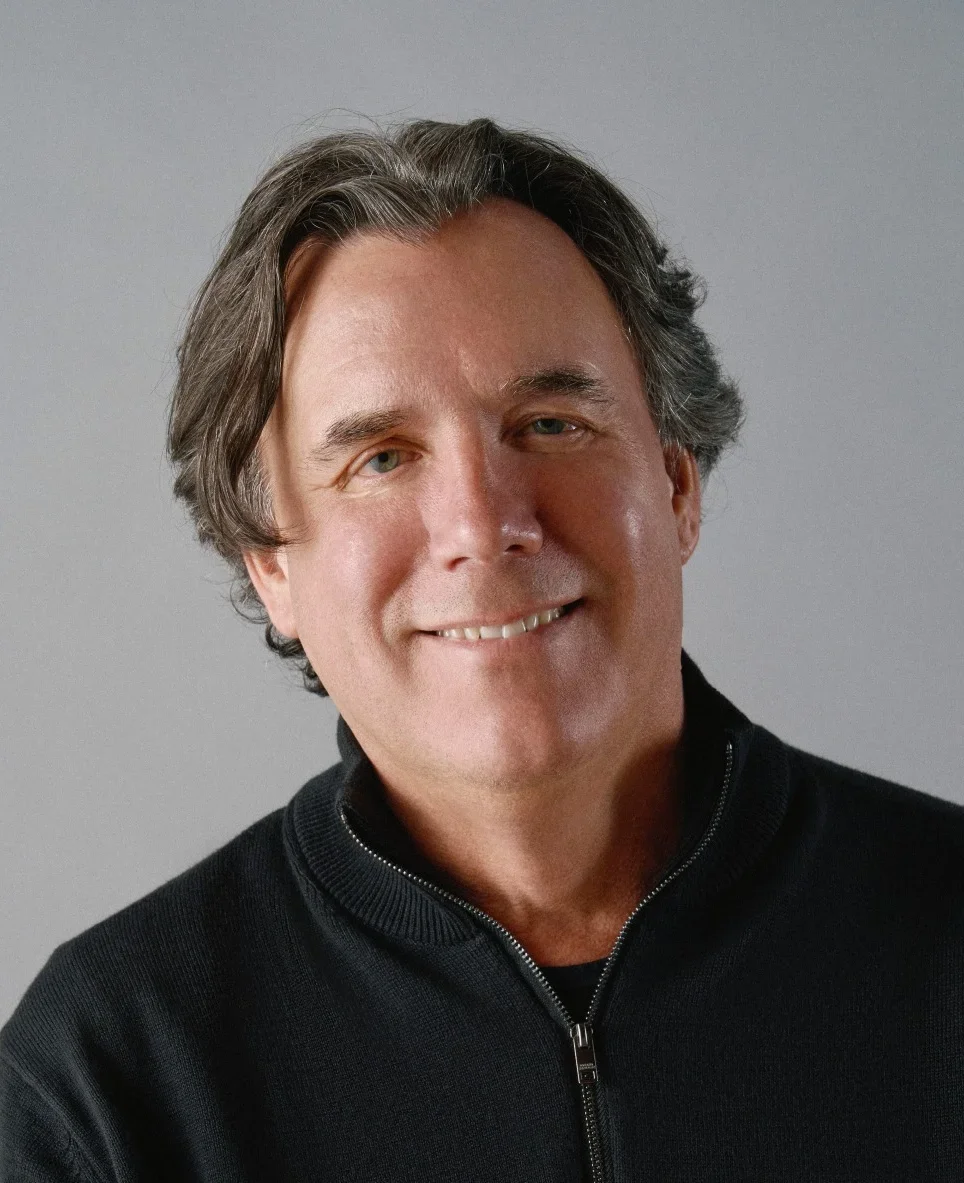Omar Tells His Story
October 11, 2024
Stephanie Manning '23

 As every Oberlin graduate knows, you’re bound to meet fellow Obies everywhere. And the initial workshop for Omar, the first opera by Rhiannon Giddens ’00, was no exception.
As every Oberlin graduate knows, you’re bound to meet fellow Obies everywhere. And the initial workshop for Omar, the first opera by Rhiannon Giddens ’00, was no exception.
Conductor John Kennedy ’82 was there in New York City to witness the work in its early stages. “I said to Rhiannon, ‘You know, I went to Oberlin too.’ And then a couple of the singers said they did. And she was like, ‘Man, we gotta do it at Oberlin,’” he says with a laugh.
Years later, that vision will finally come true when the Oberlin Orchestra and choral ensembles present a concert version of Omar on December 6 and 8. The Pulitzer Prize-winning opera loosely follows the life of Omar ibn Said, a 19th-century Islamic scholar from West Africa who was enslaved in South Carolina.
Kennedy, who conducted the work’s premiere and a later production, will lead the students and a cast of Oberlin alumni soloists. Giddens herself will be among them.
 “I know it's extremely meaningful to Rhiannon that this be performed at Oberlin,” Kennedy says. It’s also a bit of a homecoming for himself, as he hasn’t visited campus in almost 15 years. After arriving in just a couple of weeks, he’ll rehearse with the students for more than a month to prepare for the big undertaking.
“I know it's extremely meaningful to Rhiannon that this be performed at Oberlin,” Kennedy says. It’s also a bit of a homecoming for himself, as he hasn’t visited campus in almost 15 years. After arriving in just a couple of weeks, he’ll rehearse with the students for more than a month to prepare for the big undertaking.
Rather than perform Omar’s Journey, a truncated version of the opera scored for a small ensemble, Oberlin will present the entire 170-minute work, minus the staging. Giddens, singing the role of Julie, will be joined by Limmie Pulliam ’98, Michael Preacely ’99, Daniel Okulitch ’99, Daniel McGrew ’15, and Krysty Swann.
“Opera is, first, music and singing, and it's sometimes really wonderful to distill an opera just to its music and to listen to it that way,” Kennedy says. He adds that the strength of the score speaks for itself. Giddens wrote the libretto and composed the music together with Michael Abels, who also provided orchestrations.
“I think that the two composers have accomplished something remarkable in sort of fusing the African American musical traditions that are so important to Rhiannon’s aesthetic with the idiom of opera,” Kennedy says. “To me, they're expanding what we might consider to be classical cultural traditions.”
Omar has a visceral and powerful impact on people."
He has especially high praise for Giddens’ gift for writing arias — “‘Omar’s Aria,’” he says, is “one of the great arias of the last hundred years” — as well as Abels’ ability to draw out different sounds from the orchestra. “There's no banjo. There's no kora. And yet the orchestra sometimes is able to evoke one in a really fantastic way.”
Though audiences won’t hear a real kora during the opera, they can on December 7, when Seckou Keita performs on the West African instrument as part of the Artist Recital Series.
“I've actually been an admirer of Seckou’s music even before the Omar opportunity came up,” says Sally Takada, the Conservatory’s Associate Dean of Artistic Programming and External Relations. “However, it seemed like the perfect opportunity to bring him for the Artist Recital Series during our Omar at Oberlin weekend because we wanted to present the opera in the context of all the other topics and themes it covers.”
Two days before his performance, Keita will lead a lecture demonstration on West African music and performance practices. And that’s just one of numerous campus events that weekend open to the public.
The Contra Dance Club will host a lesson and dance session, Oberlin faculty will organize several academic panels, and the Allen Memorial Art Museum will have a specially curated collection of works on display —as will the College and Conservatory Libraries. There will also be pre-and post-concert discussions around the opera’s December 8 performance at the Maltz Performing Arts Center in Cleveland.
Even with so much going on, Omar itself remains at the heart of it all. Kennedy recounts the music's effect on a singer who performed in the work’s premiere. During the first rehearsal, “he comes up to me at the break, and he goes, ‘This is the greatest opera I've ever sung in my life,’” the conductor says.
Whether the students will react similarly remains to be seen, but Kennedy is optimistic. “I think that Omar has a visceral and powerful impact on people. So it would surprise me if that doesn't happen again."
Stephanie Manning’23 completed her bassoon performance degree while finding her way into journalism as a classical music critic. She recently returned to Cleveland after finishing a graduate diploma in journalism at Concordia University in Montreal. Her writing has appeared in The Montreal Gazette, Early Music America, and ClevelandClassical.com.
Tags:
You may also like…
Contemporary Collaborations with Third Coast Percussion
April 15, 2025
“Strum,” “Strike,” and “Bend” are all evocative references to the physicality of string and percussion instruments. And one is especially significant.
Oberlin College Names Jon Seydl as Director of the Allen Memorial Art Museum
April 14, 2025
Oberlin College and Conservatory is pleased to announce the appointment of Jon Seydl as the new John G. W. Cowles Director of the Allen Memorial Art Museum. He will begin his tenure on July 1.
Martha Redbone Hears Her Musical Call
March 18, 2025
The vocalist and songwriter brings her distinct blend of folk, blues, gospel, and more to Finney Chapel on April 6 in an appearance with the Martha Redbone Roots Project.


